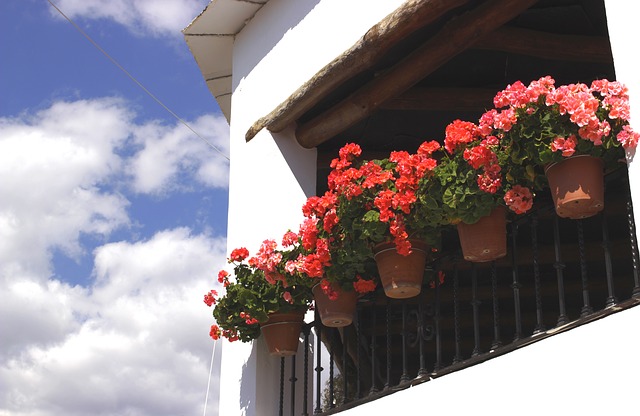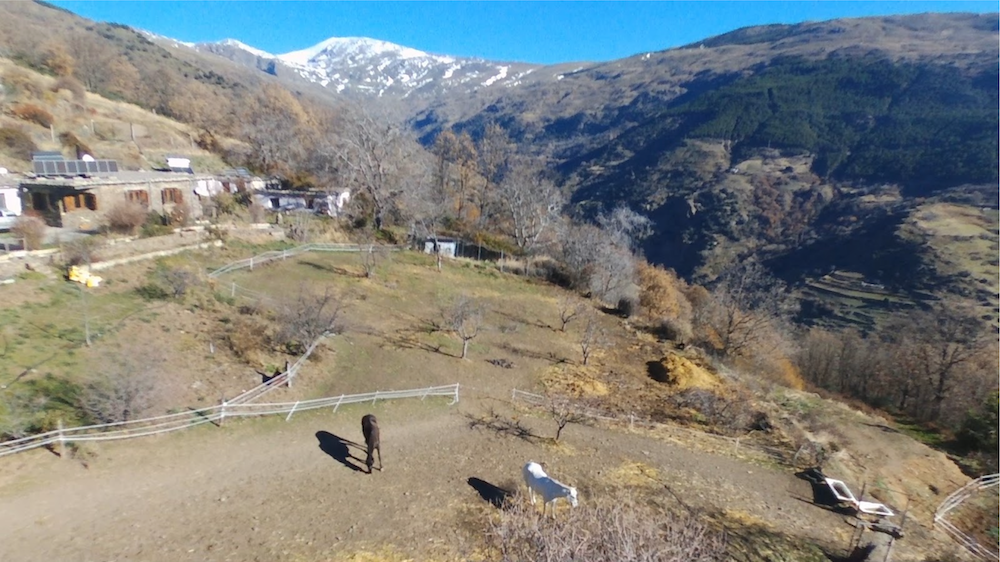
The Poqueira Valley
Perhaps the most picturesque villages are the famous trio which cling, one close above the other, to the slopes of the Poqueira Valley,
where red peppers and tomatoes are still set out to dry on the flat
clay roofs, among the tall round chimney pots.
Pampaneira, at the bottom, bustles with crafts shops and restaurants, as does Bubión, half way up the slope, with its massive square church tower standing on a plaza of rough paving stones. But to savour the authentic Alpujarra, go to Capileira at the top of the valley – the name is an Arabic derivation of the Latin word for head or top – and walk down from the road into the lower streets of the village, where the rocky streets, overhanging passageways and sagging, stone houses have still not been remodelled and prettified for contemporary living.

If you stray from the beaten path, you will be sure to catch sight of the region´s abundant wild life, such as the Cabra Hispanica, a mountain goat which roams the mountains in herds and is often seen standing on pinnacles, silhouetted against the sky. But as soon as it flairs the scent of man it will bound up the steepest slopes with amazing speed. The Alpujarra is also famous for its excellent birdwatching – the colourful hoopoe with its stark, haunting cry, is a common sight. The capital of the region is Órgiva, on the lowlands, and the village of Trevélez – famous throughout Spain for its superb mountain hams, or jamón serrano – is, at over 4,840 feet above sea level, the highest village in Spain, overhanging a fast-flowing river and plunging mountain valley.
